Implanting a human chromosome into a mouse
Genetics continues to be the biggest story in science and, with the creation of the world's first mouse with a full human chromosome, Elizabeth Fisher at the Institute of Neurology and Victor Tybulewicz at the National Institute for Medical Research in London heralded a new era in the field. The new mouse model will allow scientists to study which genes on chromosome 21 govern the different symptoms of Down's syndrome.
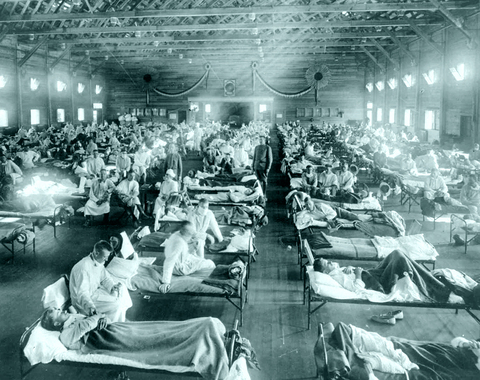
Deep impact flyby and Hayabusa
The first time humans have managed to hit asteroids. It happens with ease in Hollywood films but doing it is tricky in real life. A round of applause, then, for astronomers who did it twice this year. In July, the Americans guided the Deep Impact probe on to a collision course with Tempel 1. The resulting crater gave scientists their first look inside a speeding comet. Last month, Japan's Hayabusa probe became the first spacecraft to land on an asteroid.
First simulation of entire universe in a computer
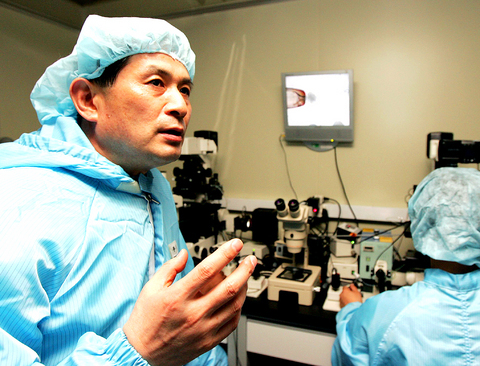
PHOTOS: AGENCIES
Requiring 25m megabytes of memory, the Millennium Simulation (a collaboration between British, German, US and Canadian astrophysicists) is the biggest exercise of its kind - to simulate the birth and evolution of the universe. By programming in the known starting conditions, so far the simulation has managed to track the 14 billion-year history of creation in just a few months and offers a way to study why the universe is arranged in the way it is now.
Shuttle goes back up but problems at space station
It has been another difficult year for Nasa, but there is light at the end of the tunnel. The success of the shuttle's return to space has been tempered by problems with the International Space Station, which saw most of its science budget slashed to help Nasa pay for US President George W. Bush's desire to send astronauts to the moon and Mars. But Nasa also unveiled its replacement for the space shuttle: a crew explor-ation vehicle at the centerpiece of a plan to get Nasa back to the moon by 2020.
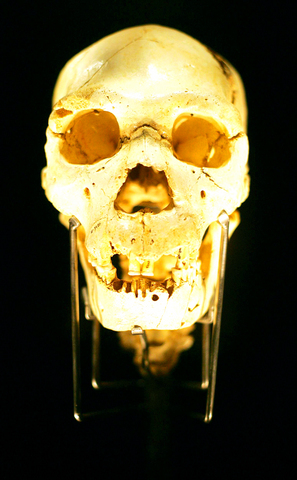
1918 flu strain recreated in the lab
In October, we learned that one of the most successful killers ever had been resurrected. US scientists recreated the Spanish flu strain responsible for the global pandemic of 1918, which killed around 50 million people. Researchers showed the strain was a pure bird flu strain that had adapted to humans. This suggests, worryingly, that a few choice mutations could turn the current bird flu epidemic into a global human pandemic.
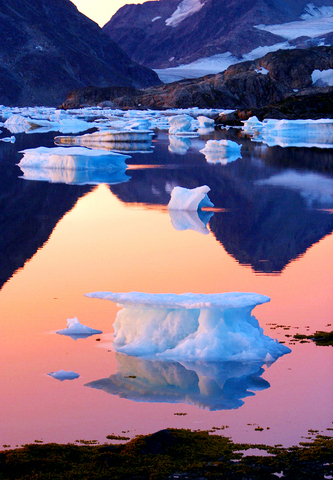
Huygens probe lands on Saturn's moon
Creme brulee is not a phrase scientists often use when describing their results. But this year it became the simile of choice for conjuring an impression of Saturn's moon Titan. The successful "splatdown" of the Huygens probe after its seven-year and nearly 3.2 billion-km journey gave us breathtaking views of Titan's eerily Earth-like landscape. The culinary analogy was meant to describe Titan's mud - soft, but with a crusty topping.
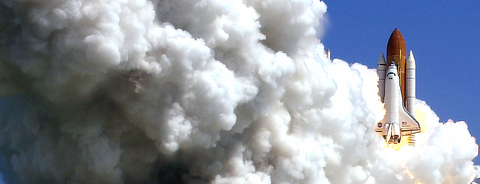
Human embryo cloned in Britain
Scientists in Newcastle, England, became the first British team to clone a human embryo. Recent doubts about the work of the South Korean stem cell researcher Woo-suk Hwang suggest the British achievement may in fact have been a world first. Using 36 surplus eggs from women undergoing fertility treatment, the Newcastle team created 10 very early stage embryos. The hope is that cloned embryos could be used to extract stem cell lines tailored to individual patients.
Darwin comes out fighting
In the US, intelligent design (ID), the creationist alternative to natural selection, became a significant political force but suffered a setback in a courtroom in small-town Dover, Pennsylvania, in November. The school board's decision to read students a statement promoting ID was challenged by parents. Judge John Jones backed them, dismissing ID as "creationism, and not a scientific theory."
Climate reaches tipping point
Scientists in Southampton, England, uncovered first evidence that the offshoot of the Gulf stream which gives the north western fringe of Europe its balmy climate is slowing down; sea ice in the Arctic Ocean is now 80% of what it was when Nasa first took pictures from satellites in 1978; the permafrost beneath Siberian peatlands appears to have reached a "tipping point" which could release billions of tonnes of methane; and it seems 2005 might just pip 1998 as the hottest year on record.
Singing mice -- and wearing red helps you win
Tim Holy and Zhongsheng Guo at Washington University School of Medicine in Missouri discovered that mice construct complex songs and sing them when they come across sex pheromones. British scientists found that, all else being equal, putting on a red shirt means you are more likely to win a football game.

On April 26, The Lancet published a letter from two doctors at Taichung-based China Medical University Hospital (CMUH) warning that “Taiwan’s Health Care System is on the Brink of Collapse.” The authors said that “Years of policy inaction and mismanagement of resources have led to the National Health Insurance system operating under unsustainable conditions.” The pushback was immediate. Errors in the paper were quickly identified and publicized, to discredit the authors (the hospital apologized). CNA reported that CMUH said the letter described Taiwan in 2021 as having 62 nurses per 10,000 people, when the correct number was 78 nurses per 10,000

As we live longer, our risk of cognitive impairment is increasing. How can we delay the onset of symptoms? Do we have to give up every indulgence or can small changes make a difference? We asked neurologists for tips on how to keep our brains healthy for life. TAKE CARE OF YOUR HEALTH “All of the sensible things that apply to bodily health apply to brain health,” says Suzanne O’Sullivan, a consultant in neurology at the National Hospital for Neurology and Neurosurgery in London, and the author of The Age of Diagnosis. “When you’re 20, you can get away with absolute

May 5 to May 11 What started out as friction between Taiwanese students at Taichung First High School and a Japanese head cook escalated dramatically over the first two weeks of May 1927. It began on April 30 when the cook’s wife knew that lotus starch used in that night’s dinner had rat feces in it, but failed to inform staff until the meal was already prepared. The students believed that her silence was intentional, and filed a complaint. The school’s Japanese administrators sided with the cook’s family, dismissing the students as troublemakers and clamping down on their freedoms — with

As Donald Trump’s executive order in March led to the shuttering of Voice of America (VOA) — the global broadcaster whose roots date back to the fight against Nazi propaganda — he quickly attracted support from figures not used to aligning themselves with any US administration. Trump had ordered the US Agency for Global Media, the federal agency that funds VOA and other groups promoting independent journalism overseas, to be “eliminated to the maximum extent consistent with applicable law.” The decision suddenly halted programming in 49 languages to more than 425 million people. In Moscow, Margarita Simonyan, the hardline editor-in-chief of the